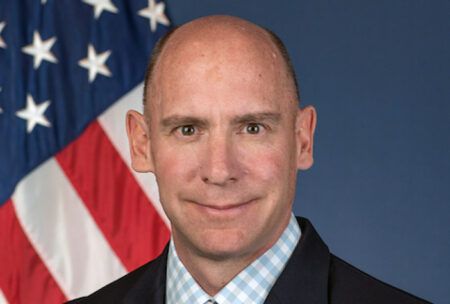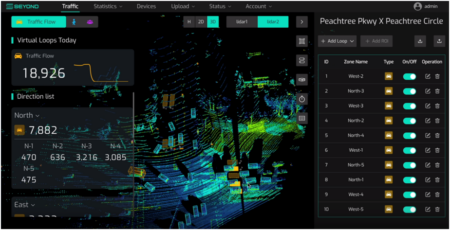ITS UK has written to Ofcom on behalf of the country’s toll operators in response to the communications watchdog’s consultation to open up the 5.8GHz spectrum to wi-fi and other communications systems or applications.
At present, this part of the wireless spectrum is used for electronic tolling and other short-range devices with limited output power, such as RFID (radio frequency identification) tags for vehicle identification in parking facilities. ITS UK’s membership of around 150 UK organizations, comprises government departments, local authorities, consultants, contractors, manufacturing and service companies, and academic and research institutions. In its role as a lobbyist for the promotion of Intelligent Transport Systems (ITS), the not-for-profit public/private sector association highlighted the existing uses of the waveband across the UK’s transportation network.
In its response, ITS UK wrote, “The changes you propose can reasonably be expected to have serious impacts on existing road charging and tolling schemes across the UK that use dedicated short-range communications (DRSC), usually referred to as ‘tag and beacon’ equipment. Your proposed changes will affect the following road charging sites in the UK: Humber Bridge, Tyne Tunnels, Mersey Tunnels, M6Toll, Mersey Gateway, Tamar Bridge, Severn Crossing and Dartford Crossing. These sites use DSRC in the 5.8Ghz band for communication between tags and beacons in order to charge drivers accurately and in order to lift barriers where these are in use. For the Dartford and Severn Crossings alone there are approximately 400,000 active tags in circulation.”
The response explained that the band is used for road tolling throughout Europe and that the consequences of such a change would risk jamming the tag to beacon, leading to payment disputes and problems at physical barriers. It concluded with the following suggestion for Ofcom: “Work with the UK’s toll and road charge operators in a collaborative and open way in order to carry out meaningful trials of these proposals, and work on technical solutions which mitigate the risk of financial loss to operators and serious inconvenience to drivers. We, through our Road User Charging Interest Group, would be very pleased to support such a collaboration.”
ITS UK’s secretary general, Jennie Martin, said, “This Ofcom consultation could have serious effects for tolling operators in particular, and drivers in general, and we felt it vital that the operators had a united response. This sort of work is something ITS UK is uniquely placed to carry out, and another example of value given to members.”




